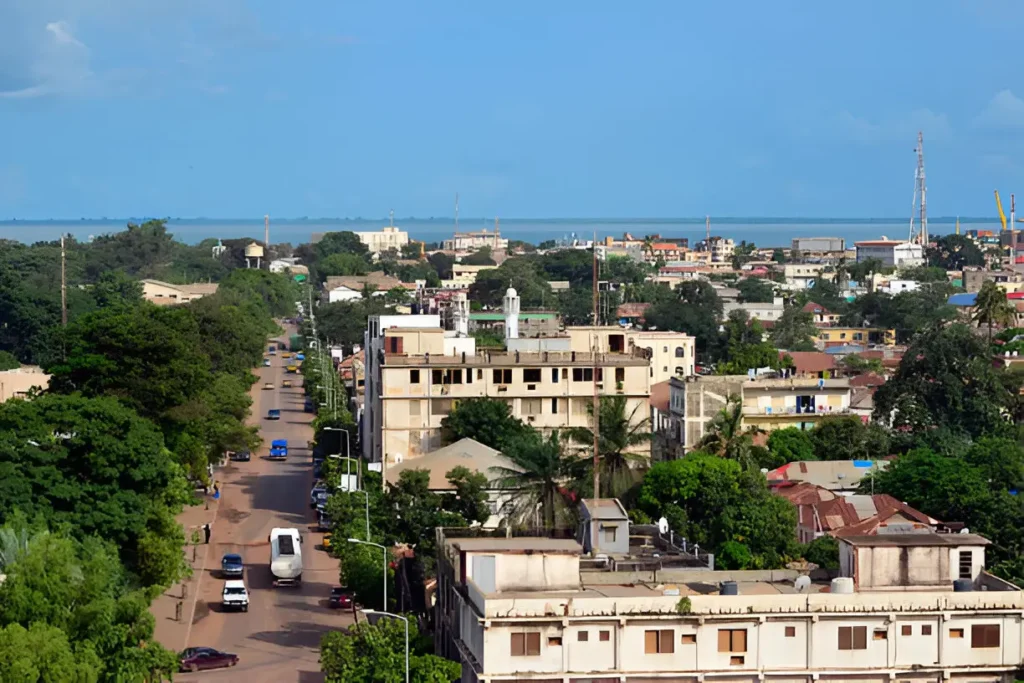Nigeria has emerged as the third-largest manufacturing economy in Africa, according to a new report by The African Exponent. The ranking highlights the countries hosting the largest and most influential manufacturing companies; nations shaping the future of industrialization on the continent.
South Africa and Egypt claimed the top two positions, followed closely by Nigeria, home to some of Africa’s most ambitious industrial projects and conglomerates.
The report projects Africa’s manufacturing sector to generate value-added output of $77.66 billion and a total output of $284.70 billion by the end of 2025; an encouraging outlook for the continent’s industrial growth.
In Nigeria, the sector is powered by industry giants such as Dangote Group, BUA Group, Nestlé Nigeria, and Unilever Nigeria. Major developments like the Dangote Refinery and BUA’s expansion into cement and food processing are reshaping Nigeria’s manufacturing landscape, driven by policy reforms and growing domestic demand.
Key manufacturing segments in Nigeria include:
- Cement
- Consumer Goods
- Food and Beverages
- Oil Refining
South Africa, which tops the list, maintains its lead through strong infrastructure and a diversified industrial base; dominating in automotive, steel, chemicals, and food processing. Egypt follows closely, with robust outputs in textiles, cement, and pharmaceuticals, bolstered by strategic reforms and export growth.
Other countries rounding out the top 10 include Morocco, Kenya, Algeria, Ethiopia, Ghana, Tunisia, and Zambia; each forging distinct industrial trajectories.
Morocco continues to expand in aerospace and automotive exports. Kenya shows strength in agro-processing and pharmaceutical innovation. Ethiopia, despite economic challenges, attracts global garment manufacturers through its industrial parks and competitive labor costs.
Ghana’s “One District One Factory” initiative and Tunisia’s electronics and textile production are lifting their manufacturing footprints. Zambia is gaining traction, supported by government investment in agriculture, construction, and consumer goods.
The report frames this period as a pivotal moment for Africa, where manufacturing is emerging not just as a job creator but as a cornerstone for long-term economic transformation.
As Africa’s industrial momentum accelerates, Nigeria’s top-three ranking signals a clear message: the country is not just participating in the continent’s manufacturing future, it is helping to define it.

